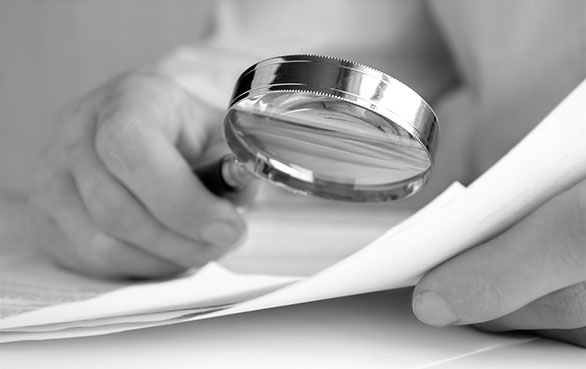Four priorities for the ATO this tax time
The Australian Taxation Office (ATO) has announced four key focus areas for Tax Time 2022.
The ATO will be focusing on:
- record-keeping
- work-related expenses
- rental property income and deductions, and
- capital gains from crypto assets, property and shares.
These ATO’s priority areas ensure that there is an appropriate level of scrutiny on the correct reporting of deductions and income.
Taxpayers can take steps to lodge right the first time
Assistant Commissioner Tim Loh explained that the ATO is targeting problem areas where they see people making mistakes.
“It’s important you rethink your claims and ensure you can satisfy the 3 golden rules,” Mr Loh said.
- You must have spent the money yourself and weren’t reimbursed
- If the expense is for a mix of income-producing and private use, you can only claim the portion that relates to producing income
- You must have a record to prove it.
Record-keeping
With some weeks left until 30 June, start organising the income and deductions records you’ve kept throughout the year. This will guarantee a smoother tax time and ensure you claim the deductions you are entitled to.
For anyone who deliberately tries to increase their refund, falsify records or cannot substantiate their claims, the ATO will be taking firm action to deal with these taxpayers who are gaining an unfair advantage over the rest of the Australian community who are doing the right thing.
Lodge right, no worries
We often see lots of mistakes in July as people rush to lodge their tax returns and forget to include interest from banks, dividend income, payments from other government agencies and private health insurers. For most people, this information will be automatically pre-filled in their tax return by the end of July. This will make the tax return process smoother, save you time, and get your tax return right. If you want to lodge earlier, you must take extra time to manually add all your income.
Available pre-fill information and readiness to lodge can be easily checked in the ATO app this tax time.
NB: While the ATO receives and matches a lot of information on rental income, foreign-sourced income and capital gains events involving shares, crypto assets or property, they don’t pre-fill all of that information for you.
Work-related expenses
Some people have changed to a hybrid working environment since the start of the pandemic, which saw one in three Aussies claiming working from home expenses in their tax return last year.
“If you have continued to work from home, we would expect to see a corresponding reduction in car, clothing and other work-related expenses such as parking and tolls,” said Mr Loh.
To claim a deduction for your working from home expenses, there are three methods available depending on your circumstances. You can choose from the shortcut (all-inclusive), fixed rate and actual cost methods, so long as you meet the eligibility and record-keeping requirements.
Each individual’s work-related expenses are unique to their circumstances. If your working arrangements have changed, don’t just copy and paste your prior year’s claims. If your expense was used for both work-related and private use, you can only claim the work-related portion of the expense. For example, you can’t claim 100% of mobile phone expenses if you use your mobile phone to ring mum and dad.
You can easily keep track of your expenses with myDeductions tool in the ATO app. Just take a photo of the receipt in the app, record the details of the expense and at tax time, simply upload the information directly to your return in myTax or email it to your registered tax agent.
Rental income and deductions
If you are a rental property owner, make sure you include all the income you’ve received from your rental in your tax return, including short-term rental arrangements, insurance payouts and rental bond money you retain.
“We know a lot of rental property owners use a registered tax agent to help with their tax affairs. I encourage you to keep good records, as all rental income and deductions need to be entered manually, you can ask your registered tax agent for assistance. If we do notice a discrepancy it may delay the processing of your refund as we may contact you or your registered tax agent to correct your return. We can also ask for supporting documentation for any claim that you make after your notice of assessment issues,” Mr Loh said.
Capital gains from crypto assets, property and shares
If you dispose of an asset such as property, shares, or a crypto asset, including non-fungible tokens (NFTs) this financial year, you will need to calculate a capital gain or capital loss and record it in your tax return.
Generally, a capital gain or capital loss is the difference between what an asset cost you and what you receive when you dispose of it.
“Crypto is a popular type of asset and we expect to see more capital gains or capital losses reported in tax returns this year. Remember you can’t offset your crypto losses against your salary and wages,” Mr Loh said.
Read more: Tax treatment of cryptocurrency »
CONTACT ALLAN HALL



